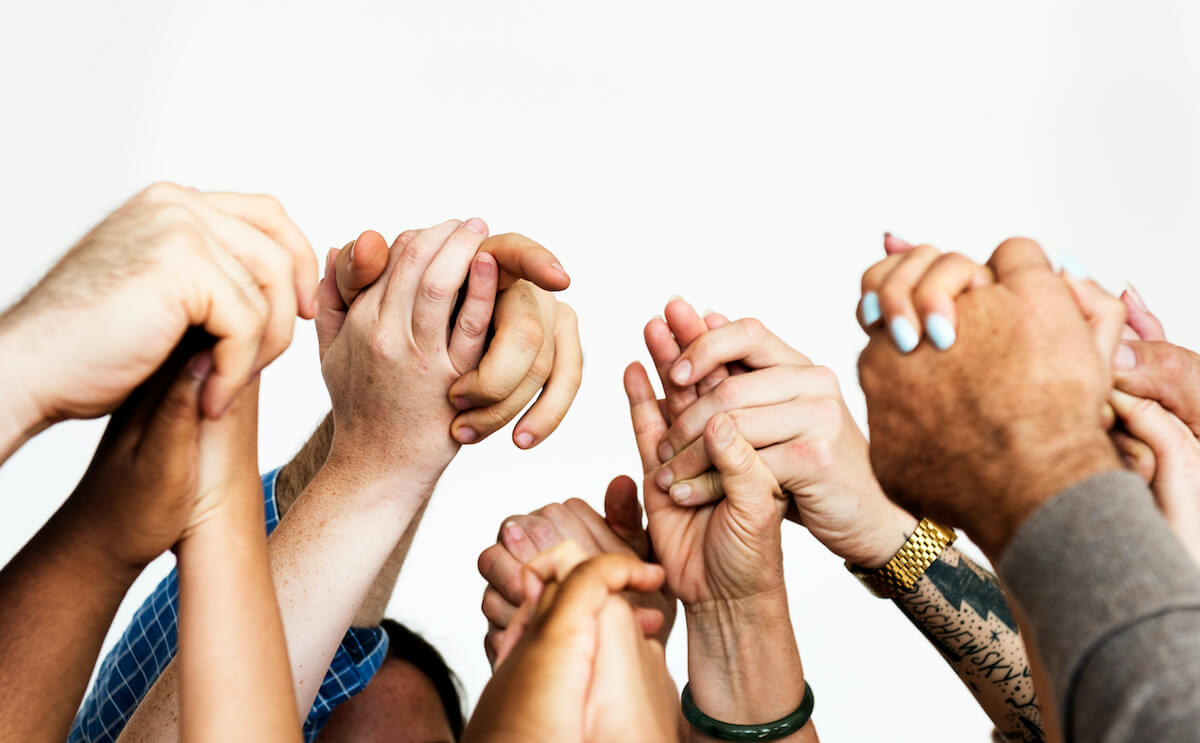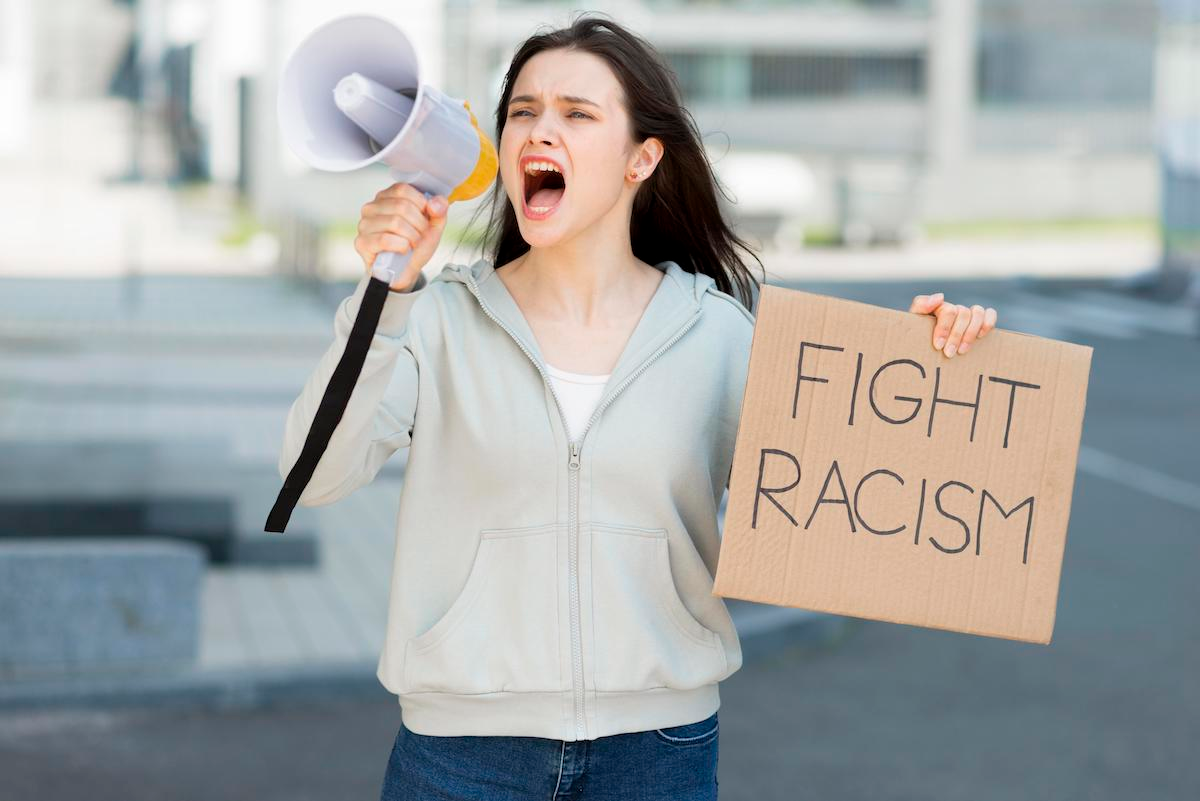
The Greek philosopher Heraclitus once said that the only constant in life is change. With the modern society evolving into having more equitable and conscious points of view towards differing races, gender preferences, political dogmas, and environmental issues, exhibiting better awareness and standing up against injustices and prejudices has become the norm—the woke culture
Woke in Politics
In the U.S. the word “Woke” and “Woke Ideology” has so much been a part of campaign trails specially now that their 2024 election is right around the corner. Criticism of “wokeness” and “wokeism” has been used, and often misused by presidential hopefuls and other candidates. Sadly, it had been used synonymously with leftist political ideology.
Former president Donald Trump has made it central to his politics and has used it as a catchall to criticize anything and everything on the progressive side of the political spectrum. People have used it as something that is anything outside of their political beliefs. Whether it’s about education on racism in school or even literature and other reading materials in libraries which they feel inappropriate.
However, if you dig deeper, woke is not every culture war topic. What does it really mean and where did it originate?
The beginnings of Woke Culture
According to Elaine Richardson, a professor of literacy study in Ohio State University, woke originated from the Black Culture. Staying woke simply means “just being politically conscious and aware.”
The word woke has had a long history. In fact, it was used in the early part of the 20th century as part of protest songs. Records show that Huddie Ledbetter, more popular as Lead Belly, used the term in her 1938 song “Scottsboro Boys.” In an old record, hardly audible, was the first recording of the use of the woke … “Alabama, be careful and stay woke.”
The song Scottsboro Boys was inspired by the nine Black teenagers who were falsely accused of raping two White girls. Considered today as one of the worst cases of racist justice system and police brutality, the case inspired the book “To Kill a Mockingbird” and spurred the civil rights movement.
It came back to people’s consciousness after the song of Erykah Badu was aired, “Master Teacher” in 2008. Here she sang ” Everybody – I stay woke. Everybody stay – I stay woke. Sing it everybody – I stay woke.”
In 1962, William Melvin Kelley penned the New York Times essay that talked about the richness of Black slang, marking the first popular usage of the term. Woke has taken on additional meanings since then, with artists such as Erykah Badu and Childish Gambino taking on its later iterations. To stay woke means to be alert to racial prejudice or discrimination.
On the other end of the coin, woke can also be interpreted as a person who affects a false or superficial sense of morality, a view that purports political correctness or ethics as a fad without full commitment to the lifestyle choices that reflect it.
How does it affect me?
The Cancel Culture
With the rise of social media, news and opinions, both legitimate and false have become more easily accessible for public consumption. Unfiltered thoughts become controversial biases, sparking chaotic debates online. With modern marketing and communication practices, celebrities, brands, and corporations often poke fun at current issues, offer unwarranted opinions, and commit the occasional communication misfire. However, these types of entities are seen by a wider portion of the public, and are thus criticized more. Simply put: the wrong joke or opinion will offend a group of people, and, depending on the circumstances, can be seen as an attack to a group of people.
Apart from communication-based events, another similar trigger are these entities’ practices. Corporations, and in some instances entire industries, are most commonly criticized by the public because of issues pertaining to sustainability, employment, and discrimination, among others. When any one of these things happen, two words come to the minds of celebrities, brands, and corporations: boycotts and canceling.
While similar in terms of context, boycotting is a personal choice, where an attempt to share the sentiment with others could have been made. Ultimately, the goal of boycotts is to cut off support to a brand. Canceling, on the other hand, is a form of movement, aimed at completely putting brands, corporations, and entities out of business.
Promoting change, one person at a time

Based on a 2023 study exploring consumer activism, there have been successful attempts at brand boycotts, while others do not necessarily work as well as others. The public’s reasons are mostly their own, but a number of campaigns are stronger because of their moral missions, from the environment to loss of jobs and opportunities for small business owners.
An example from years ago would be the uproar towards non-fungible tokens (NFT) and the blockchain industry at large. The industry has been heavily criticized due to the energy cost and carbon footprint associated with every step involved in its trade, from the creation of currency down to NFTs themselves. This has sparked negative feedback from people outside of the industry, but this has made traders acknowledge this fact and enable potential traders, artists, and buyers to participate in it armed with better knowledge. Now, blockchain platforms are jumping on the proof-of-stake process, a more eco-friendly approach to mining crypto-currencies with its critics getting part of the credit.
Another more recent example would be the toy giant Hasbro and the major shake-up planned for open game license (OGL) of the tabletop role-playing game Dungeons and Dragons (D&D). With the OGL, players and game developers are allowed to modify, copy, and redistribute select content designed for the games, with game mechanics being the most prominent, without paying any fees to its current publisher, Wizards of the Coast (WotC). In December 2022, it was revealed that the company is planning on discontinuing the OGL as a free license. News and industry-specific outlets reported that the announcement sparked negative feedback from both fans and professional creators. Before Hasbro and WotC could even put forward a response, the game’s competitors have united and released a gaming system similar to the OGL, filling the need in the industry that D&D was hoping to cover altogether.
Users of D&D’s online service, D&D Beyond, have held mass subscription cancellations, which eventually led to the companies revoking their earlier decision and keeping the open game license at is.
From these examples alone, one can surmise that purchasing decisions have changed drastically with customers having more power than ever before. But as mentioned before, there are instances where massive backlash works for the brand’s advantage.
A major example of this is from an alcohol brand from a local distillery. The particular brand used a somewhat problematic tagline to promote its product. Flashed on a billboard beside the product are the words Nakatikim ka na ba ng kinse años? along a major highway to launch the campaign. Not soon after, the company was blasted by women rights groups and the Roman Catholic Church for its provocative connotation, citing the promotion of sexual abuse and pedophilia.
With this attention, numerous groups filed joint complaint affidavits against the company for the promotion of indecent practices. Despite this, however, sales of the product skyrocketed, with the publicity created helping the local distillery thrive.
Brands vs. the Filipino Consumer
According to a 2023 qualitative study interviewing five communications experts, anger is a major catalyst for consumer activism, whether towards social injustice or at a corporate entity.
Based on data gathered by Agile Data Solutions and reported by the Philippine Star, woke culture holds great influence over Filipino consumers, with them considering and applying changes to their buying behavior based on the integrity of corporations they purchase from. In the same study, they are more likely to engage in online discussions about social issues at 64%, while 43% engage in canceling content in order to hold companies accountable for their actions.

Check out our House and Lot for Sale Properties
Discover our house and lot for sale properties in the Philippines


